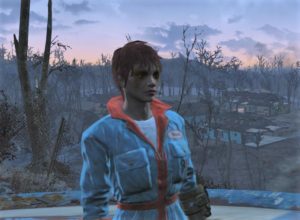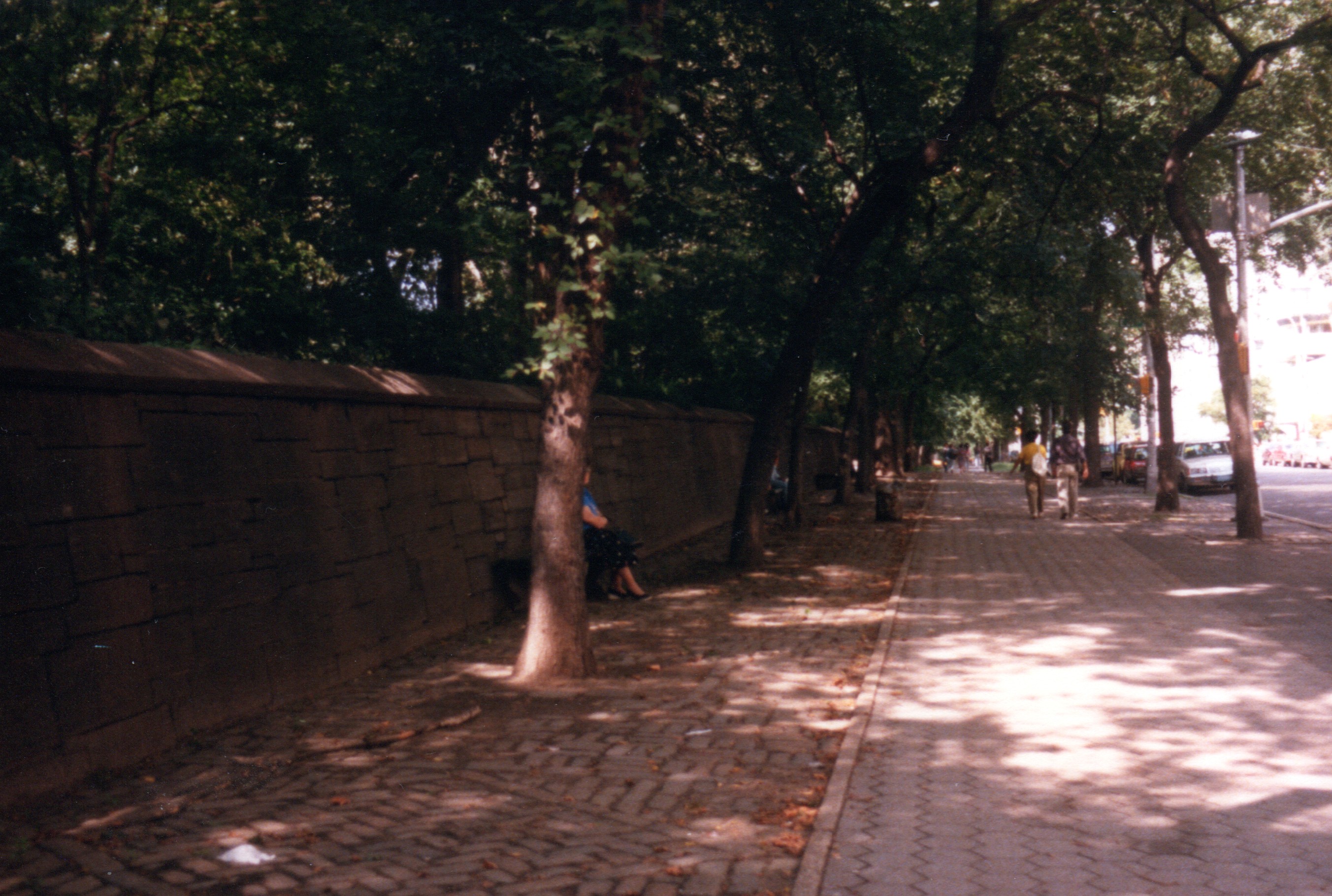 Lauren Groff’s writing style leaps from the pages. She molds sentences, paragraphs, and scenes to convey her story and move her plot across not one, but two, lifetimes. The author uniquely structures her story in two independent, separate and equal parts—one Fates and one Furies. A flip through the pages reveals style from first glance to the basic blocks of words and sentences.
Lauren Groff’s writing style leaps from the pages. She molds sentences, paragraphs, and scenes to convey her story and move her plot across not one, but two, lifetimes. The author uniquely structures her story in two independent, separate and equal parts—one Fates and one Furies. A flip through the pages reveals style from first glance to the basic blocks of words and sentences.
At First Glance
Fates and Furies builds on a knowledge of Greek mythology. Short stories use this premise to shortcut the character and story development. For example, if characters have a known history—Achilles, Samson, and Delilah or even Little Red Riding Hood—than there is less to create. A writer simply builds on the history inherent with the name or situation.
The title is an early tip to find the college mythology book – preferably of the Greek variety. Fates include Clotho (the spinner), Lacheis (the measurer) and Atropos (cutter of the thread of life). Except for the gal with the scissors, the Fates are a pleasant enough group. The husband in the story, Lotto, is guided by symbolic Fates—mother, sister and wife. The Furies are three sisters, monsters, that punish the guilty in the underworld and seek justice and vengeance. More specifically, the spirits go after people who have murdered family members. An internet images search on the Furies results in women with snakes, wings, fangs and crazy-eyes. This is not a huge spoiler to remind you that Mathilde known by Aurelie at the beginning of her story had a deadly mishap with her little brother, and her life was forever changed. The Furies – Mathilde’s family, employer, friends and even herself – punish for life.
Lotto adds more to the Greek theme with his play about Antigone. In dialogue, he explains his concept for the play, but Groff takes it further. Through Lotto, she writes the play. Did she create it for this book? I would like to ask her. A writer’s repertoire is fair game for any project.
Worthy to note is the influence of Shakespeare. Lines of verse, italicized and offset, forcibly inject the English playwright into the narrative. Characters happen to quote meaningful lines from Shakespeare in conversation. And on stage, the reader sees Lotto and “mystery character Land” assume leading Shakespearian roles. Quoting Shakespeare must be the trendy thing to do. Only a few chapters into The Revenant by Michael Punke, Shakespeare earns a quote in this frontier survival and revenge drama.
The White Space Around the Words
An artist will do a value study to assess darks and lights. For a writer, a similar study might include the white space around the printed words. In paragraphs, shapes emerge from scenes, dialogue and sentences.
Groff liberally uses white breaks to jump to a different scene and to exit scenes all together in order to enter the mind of one of her characters. The reader samples Lotto’s plays such as “Antigone” and Mathilde’s quotes from Sylvia Plath and Florestan in Beethovan’s Fidelio.
Time advances in Lotto’s life through his writing, production of his plays and reviews of his plays. In one section, Groff centers the play title in all caps followed by the year. The reader zooms into the aftermath of each play and its effect on Lotto and Mathilde.
Both Lotto and Mathilde’s points of view use a phrase or sentences in brackets. [Like this.] Every review of the book compares the bracketed asides to a Greek chorus. The chorus hints of the future—foreshadowing tragedy or irony. In an interview with The Atlantic, Groff mentions the brackets as an author’s whisper, such as Virginia Woolf used in To the Lighthouse. I’m embarrassed to admit that I have not read this novel but add another one to the “must read before I die” list.
The Words
A good writer spoils the reader with sentences that dance and imitate the real world albeit in art. Since reading Fates and Furies, I’m a harsh judge of writing style. I want Lauren Groff’s word choice, sentence structure, and imagery.
My first exposure to Groff was in a short story called “Ghosts and Empties.” In an interview, she explained that this piece’s long ambling sentences were like walking. That comment stayed with me—manipulating the flow of words, voice, for the setting of the story.
The long sentences are gone in Fates and Furies. The author seeks another style goal in this novel and is precise with her language. On the other hand, along with imagery is metaphor applied to take this story to an artistic level. Her prose draws comparison with Nabokov’s quick words and tone. Groff draws much of her storytelling from Virginia Woolf. Again in the Atlantic, Groff says “The greatest texts, I think, first dazzle, then with careful rereading, they instruct . . .subversive ways of portraying time, of looking away from the human to the far more terrifying, far more immense texture of time beneath the minute span of a human life.” And this is an example of Lauren Groff’s magnificent way with words.
Next month, “For Better or Worse” (Fates and Furies part 3/3) examines relationship and attraction according to human psychology studies.


